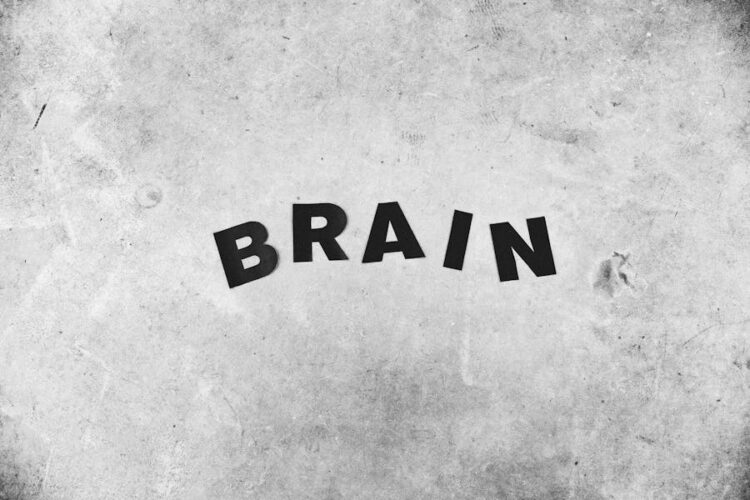Traumatic Brain Injuries (TBIs) are some of the most severe and life-altering injuries a person can sustain. Georgia sees its fair share of TBI cases due to various causes, such as automobile accidents, falls, sports injuries, and workplace mishaps. For victims and their families, navigating the aftermath of a TBI can be as complex and daunting as the medical recovery itself. The Savannah brain injury attorneys emphasize the importance of understanding how to pursue a TBI claim in Georgia. It is essential for securing the necessary compensation to cover medical expenses, lost wages, and other damages.
What Is a Traumatic Brain Injury?
A TBI is an injury to the brain caused by a physical force, whether it be a blow to the head, violent shaking, or a penetrating wound. TBIs can range from mild concussions to severe brain damage and can affect cognitive function, motor skills, emotions, and behavior.
Classifications of TBI
- Mild TBI or Concussion: Temporary effects on brain cells which often resolve with proper treatment and rest.
- Moderate TBI: May cause long-term or permanent cognitive, physical, or behavioral issues.
- Severe TBI: Often involves extended periods of unconsciousness or amnesia and may result in permanent disability or death.
Causes of TBI In Georgia
TBIs can be the result of various incidents. Common causes include:
- Vehicle Collisions: Car, motorcycle, and truck accidents are leading causes of TBIs.
- Falls: Slip-and-fall accidents are common, especially among the elderly and in workplace environments.
- Sports Injuries: Contact sports like football can result in TBIs.
- Violence: Assaults and gunshot wounds are also contributors to brain injuries.
- Workplace Accidents: Construction and industrial sectors report TBIs due to falls and machinery-related incidents.
Legal Considerations For TBI Claims in Georgia
In Georgia, if you or a loved one sustained a TBI due to another party’s negligence or intentional action, you might be entitled to compensation through a personal injury claim.
Negligence and TBI Claims
A negligence claim requires you to prove:
- Duty of Care: The defendant had a duty to act or refrain from acting in a way that would not harm others.
- Breach of Duty: The defendant breached that duty through action or inaction.
- Causation: This breach caused the injury.
- Damages: You suffered damages as a result.
Comparative Fault
Georgia operates under a modified comparative fault rule. If you are less than 50% responsible for the injury, you may still recover damages, but the compensation is reduced by your percentage of fault.
Seeking Compensation for TBI in Georgia
If you have a valid TBI claim, you may be eligible for various types of damages.
Economic Damages
These are compensation for financial losses, such as:
- Medical expenses: Current and future medical treatment, rehabilitation, and long-term care.
- Lost income: Wages lost due to time away from work.
- Reduced earning capacity: If the TBI affects your ability to work in the future.
- Home modification costs: If your home needs to be modified to accommodate your injury.
Non-Economic Damages
These address non-financial losses related to:
- Pain and suffering: This includes physical pain and emotional distress.
- Loss of enjoyment of life: If the TBI prevents engaging in activities you once enjoyed.
- Loss of consortium: Impacts on your relationship with your spouse.
Punitive Damages
In cases of egregious negligence or intentional harm, punitive damages may be awarded to punish the defendant and deter similar conduct
Statute of Limitations
In Georgia, the statute of limitations for filing a personal injury lawsuit is typically two years from the date of the injury. However, there can be exceptions, and missing this deadline can bar your claim permanently.
The Litigation Process for TBI Claims in Georgia
The process of litigating a TBI claim involves several steps.
Investigation and Documentation
Gathering evidence is critical. This may include medical records, witness statements, accident reports, and expert testimony.
Filing the Lawsuit
Your attorney will file a complaint outlining your claims and the damages sought.
Discovery
Both parties will exchange evidence and take depositions to prepare for trial.
Negotiation and Settlement
Many TBI cases settle out of court. Your attorney will negotiate with the defense to reach an acceptable settlement.
Trial
If a settlement is not reached, your case will go to trial, where a jury or judge will determine the outcome.
Appeal
The losing party can appeal the decision if there are grounds to believe legal mistakes were made during the trial.
Choosing the Right Attorney
Selecting an experienced personal injury attorney with expertise in TBI cases is vital. Your attorney should understand the complexities of TBI and its long-term impacts and be willing to aggressively pursue your right to compensation.
Important Considerations for TBI Victims
Dealing with a TBI is a long-term process. Victims and their families should consider future needs, including:
- Long-term medical and rehabilitative care
- Psychological and psychiatric support
- Vocational retraining if returning to former employment is not possible
- Support for family members who may take on caregiver roles
If you or a loved one is dealing with the aftermath of a traumatic brain injury in Georgia, understanding traumatic brain injury claims is the first step toward recovery. With the right legal representation and knowledge of the compensation process, TBI victims can focus on their recovery while their rights and future are protected. Remember, the statute of limitations can bar your claim, so it’s essential to act promptly to safeguard your legal rights.










